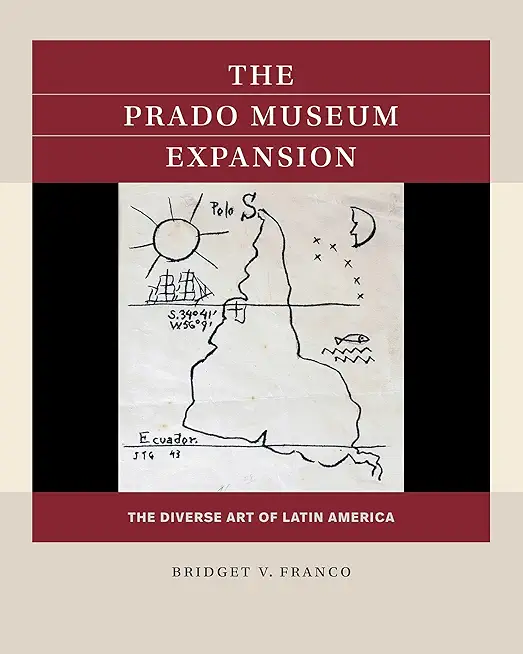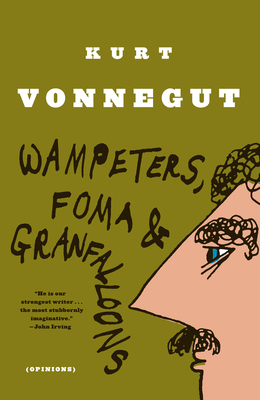
description
d Prado Museum in Madrid, Spain, underwent an ambitious expansion project that reorganized the spatial design of the museum and allowed for additional exhibition space. Coinciding with the completion of this large construction project were a series of celebrations surrounding the 2010 bicentenary of South American independence movements, a clear reminder of the complicated relationship between Spain and its former colonies in Latin America. Inspired by this significant historical moment and with an eye to diversifying its predominantly Spanish-centered permanent collection, the Prado Museum decides to host a competition for a new gallery of Latin American art.
The game begins in 2010 as students, assuming the roles of curators, art patrons, living artists, and art dealers, set into motion a series of negotiation sessions that will help the museum decide which artworks to choose for the new gallery. Students will analyze a broad range of artistic movements and styles related to Latin American art from the twentieth to the twenty-first centuries, in an effort to support the acquisition of paintings that best represent the diverse artistic legacies and historical heritage of the region.
The game begins in 2010 as students, assuming the roles of curators, art patrons, living artists, and art dealers, set into motion a series of negotiation sessions that will help the museum decide which artworks to choose for the new gallery. Students will analyze a broad range of artistic movements and styles related to Latin American art from the twentieth to the twenty-first centuries, in an effort to support the acquisition of paintings that best represent the diverse artistic legacies and historical heritage of the region.
member goods
No member items were found under this heading.
Return Policy
All sales are final
Shipping
No special shipping considerations available.
Shipping fees determined at checkout.







